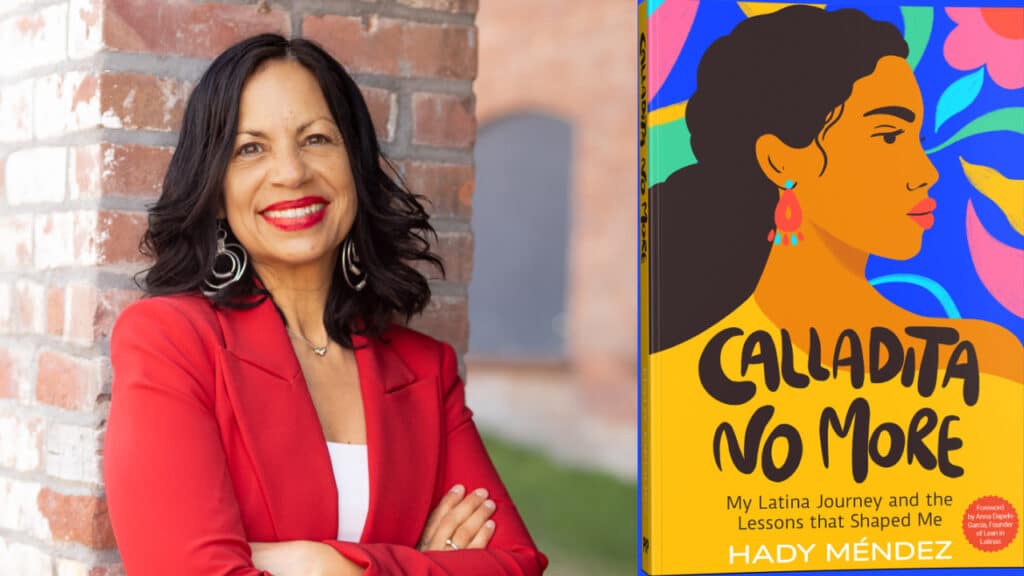
Tuition Stress, Side Hustles, and Dating Dilemmas: The Tough Reality for Latino College Students Today
When it comes to balancing the demands of college life, Latino students are creating a narrative that’s equal parts resilience and ambition.
The latest Latines in College 2024 study from Chispa and the Center for Multicultural Science dives into the lived experiences of Hispanic college students. And it’s clear that our community is navigating some serious challenges, all while keeping an eye on the future.
First up, let’s talk money—because inflation has made managing finances a major stressor for Latino students
According to the study, 58% of students are worried about covering tuition. This isn’t just about being frugal; it’s about the reality of juggling academics while often needing to hustle on the side.
Nearly half of the students surveyed have a side gig unrelated to their studies, a testament to the financial pressure they face. This side hustle culture is a double-edged sword—it showcases the community’s determination but also highlights the burdens they carry.
More than 40% of these students feel more weighed down by debt than ever before.
Julia Estacolchic, Senior Director of Brand at Chispa, puts it into perspective: “Young Latinos are deeply impacted by the intense pressures of today’s world. The financial strain of inflation, the heartbreak of witnessing their loved ones facing potential deportation, and the weight of global conflicts profoundly shape their dating experiences and ability to make real connections.”
Her words resonate deeply with the findings, highlighting the tough realities that students navigate every day.

But financial stress isn’t the only issue shaping the Latino college experience.
The political and social landscapes add layers of complexity. While 59% of students are optimistic about the future for Latinos, 49% are concerned about the direction the country is heading. This mix of hope and worry reflects our turbulent times, where global conflicts and national debates on issues like immigration and affirmative action are front and center.
The study also sheds light on how these broader issues impact personal relationships and mental health.
For example, the ongoing global conflicts have deepened campus divisions, with 33% of students cutting ties with others over differing views on the Israel-Hamas conflict. Similarly, 51% believe colleges should take stronger stances on safety and hate speech, while 44% have experienced it first-hand.
When it comes to dating and relationships, the financial strain is also evident.
With 58% of students considering dating someone well-off due to financial pressures, and 55% considering dating someone older, it’s clear that traditional dating norms are being re-evaluated in light of economic realities. Additionally, 63% of students are opting to connect virtually before meeting in person, likely as a more cost-effective approach to dating.
Dr. Jake Beniflah, Executive Director of the Center for Multicultural Science, emphasizes the significance of these insights: “The third round of the ‘Latinos in College’ study is pivotal as it delves deeper into the multifaceted challenges faced by students. Our research, conducted in collaboration with Chispa, offers critical insights that are essential for developing strategies to support and uplift this dynamic group.”

The study’s findings highlight that while Latino students are making significant strides in education, they are also dealing with a complex array of challenges that go beyond the classroom.
From financial pressures to navigating a divisive social landscape, these students are showing remarkable resilience, but their experiences also call for a deeper understanding and support from institutions and society at large.
At the end of the day, this study is a reminder that Latino students are not just statistics—they are individuals with hopes, struggles, and dreams. They are reshaping what it means to be a college student in today’s world, and their voices are more important than ever in the conversations about our collective future.




